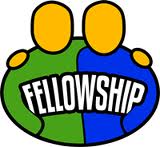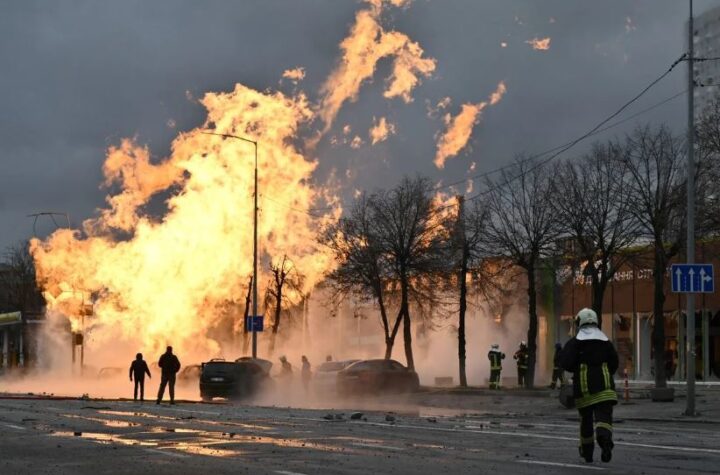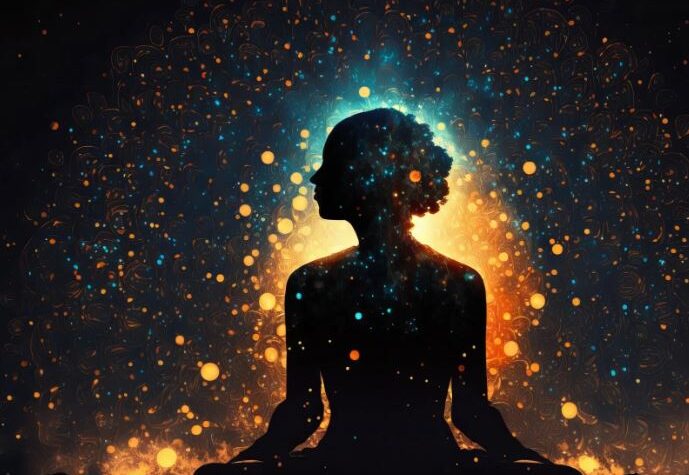
I was struck powerfully by an article by the environmental campaigner and journalist George Monbiot in yesterday’s Guardian – it inevitably deepened a sense of despair that many people share about the destructive and ugly aspects of the human condition.
You can read the article here but a summary is contained in this tagline;
“New research suggests that there was never a state of grace. We have always been the nemesis of the planet’s wildlife”
and it lists research that confirms what any vaguely awake person already knows – namely that our relationship with the other species on the planet has been bloody and murderous almost from the start with countless species being been wiped out at our hand.
We humans live in a community whether we like to admit it or not – we share one environment with each other and the other species on this planet. Maybe one day we will populate other planets and humans can spread throughout the universe and have a planet each – but for now we are all one planet communards.
Unfortunately our collective social ability to live as a community is very poor, we kill eachother, we despoil the environment, we drive other species out of existence, we share resources unequally and use force to squash the truth of our problems, sins and weaknesses.
One fatal characteristic runs through human history – the fight for power. One group of people is always trying to take over someone else’s power. Even when you examine all of the uplifting social solidarities of human history, the appeal for equality is never universal it is always one group against another.
All too often the resolution of a power struggle is simply the pre-amble for another and so it goes on – and on and on.
The consequences of living as competitors rather than communards are enormous – both in terms of needless human suffering and our impact on the biosphere. Perhaps surprisingly we have so far managed not to destroy ourselves with nuclear weapons, but climate change is proceeding unchecked and the consequences of that are yet to be known.
At a time when social solidarity is desperately needed – social cohesion is being replaced with the brutal thump of neoliberalism. But even neoliberalism has the DNA of the solution to many of humanities problems.
Neoliberalism simply put, means that the vast majority of us get to squabble over an ever diminishing slice of resources while a tiny elite quietly collaborate to grab the lions share of the resources via the coercive power of the state – vicious capitalism for us and cosy socialism for them. Even neoliberals for all of their free market rhetoric know that co-operation trumps competition every time.
From trade unions to churches to corporations to cults – the defining theme is the same; co-operation. All we need to do now is to convert the innate trait that gathers humanity into groups of mutual (but often opposing) self interest into something more universal.
You see trade unions fight for trade unionists, left wingers fight against right wingers, corporations look after themselves, once each group, starts acting on behalf of its membership it simply becomes a collectivised individual – a powerful force, but still basically a selfish one.
The kind of fellowship we need in the world today is universal – where all humans are welcome, members help eachother out and allow their joys and sorrows to form the basis of mutual understanding and empathy. A group like this need not fight on behalf of its membership, in fact its very important that it doesn’t, otherwise other groups will feel threatened and fight back and the status quo is maintained.
The new fellowship we need is a gentle spread of loving kindness that doesn’t imagine defeat of our imagined enemies since humanity has none besides itself.
If this seems simplistic and utopian to you then I’m glad – for a simple answer that leads to a better life is what we need.
This article is purposefully short – otherwise you wouldn’t read it – right? But I will expand on this blog on the kind of structure that I think would enable the spread of a network of humans investing in the spread of human kindness and cooperation soon.
But for now imagine this:
Local groups meeting every week to share food and to listen carefully to the struggles and cares of its members – there need be no leaders and no agenda beyond the joy of being together. Rules for running the group and facilitating its gentle rhythms could be laid out in founding documents and based on effective humanistic principles that already exist (no need to re-invent the wheel).
Either we humans enjoy being together, sharing our lives and co-operating to solve the trials that we all face in life or we don’t. I think the overwhelming majority of humans value community, sharing and co-operation, the trick will be to hold the simple structure and mission in such a way that allows almost everyone to participate.
Imagine nations all over the world that had a bedrock of groups such as these meeting every week with the express intention of being kind to eachother with no religious or ideological agenda beyond that. Why wouldn’t such a network grow and become a positive force in the world?
Currently we are holding ourselves hostage to two big lies. The first is that human beings can’t co-operate and the second is that competition is better than cooperation – in thrall to this nonsense we blaze a trail that can lead to nowhere except wearily familiar destruction and despair – its time to change the record and the only way to do that is to do it.
Most current human solidarities are either allied to power, ideology or both – trade unions, churches, political parties, nation states, corporations and cults just reinforce the divisions between us in the end – to truly grow up we need a new sort of solidarity that includes all of us.
For a while this may mean embracing people we currently regard as enemies – but my hunch is that if we begin by sharing the common struggles of the human condition that we may find more empathy for our enemies than we ever imagined.
John Lynch




The ancient Gauls had a society which was designed to prevent anyone from getting to big for his boots. This meant that they had a nice cooperative relatively free and easygoing society. It also meant that when they were attacked by the Romans they had no effective military response. They fought bravely but in a piecemeal and rather disorganised fashion, and they were defeated.
What you write is largely true but the response to wouldbe dictators need to be worked out too and it isn’t in the above article.